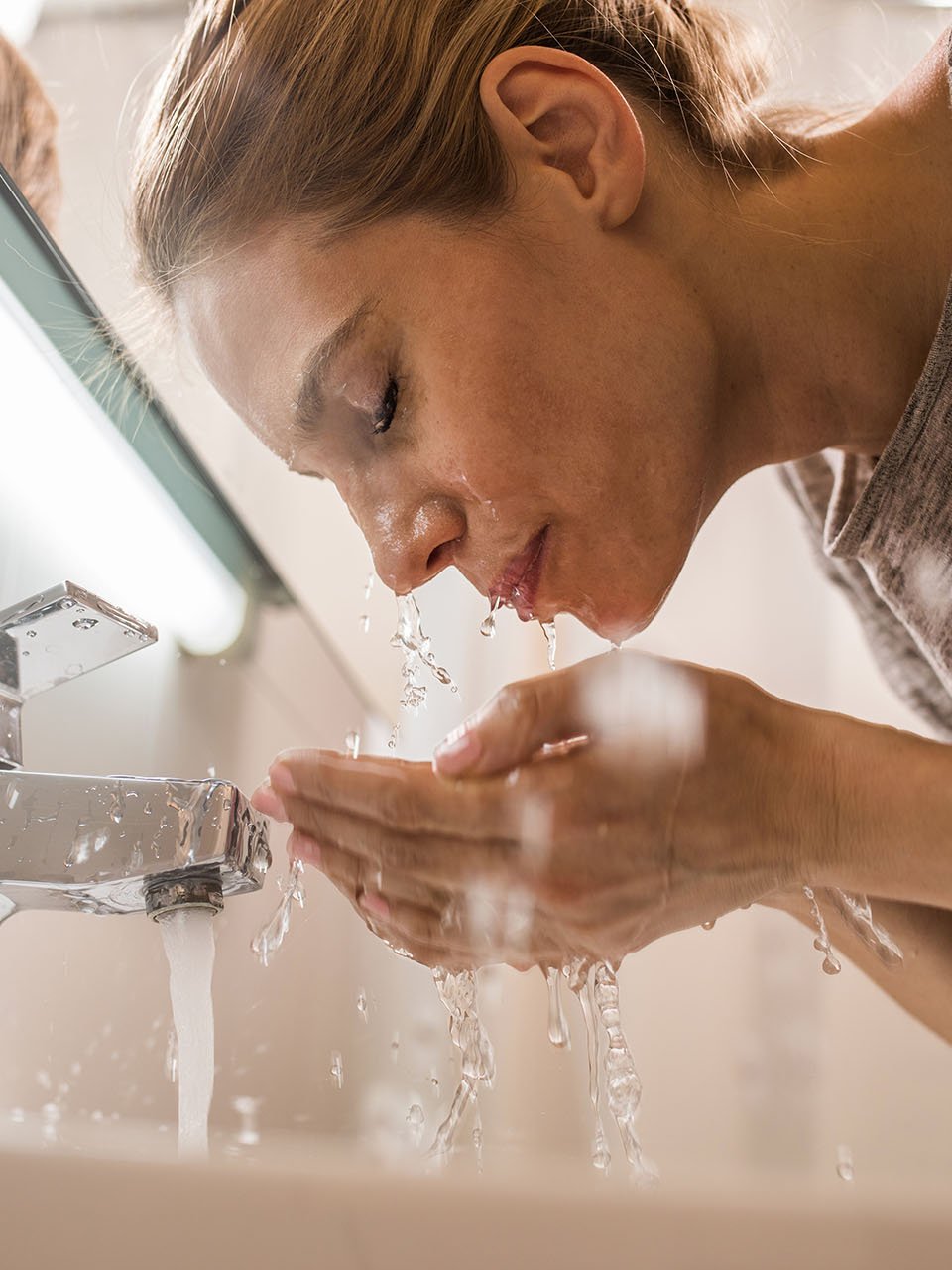Fittings IndustryDrinking water, technical gases, and aggressive media

BECHEM special lubricants are important design elements in the fittings industry. Depending on the product category, our lubricants for drinking water fittings comply with various criteria.
- Prevent migrating lubricant constituents (verified by TOC measurement)
- Compatibility with elastomers, e.g., NBR and EPDM
- No stress cracking on plastics, e.g., ABS, POM, PPE/PS, PSU, PBT, PA, PP, and SAN
- No non-ferrous metal discolorations
- Prevent tribochemical influences with additives
- Prevent corrosion, erosion, and hard deposits on metal sealing surfaces (protective function)
- Prevent erosion and hard deposits on plastic and ceramic surfaces
- Reduced friction resistances during switching processes (torque reduction)
- Low-wear operation of metal frictional contacts (no abrasive wear)
- Preserves the switching capacity of structural elements with flexible rubber sealing surfaces (no “caking”)
- Prevents stick-slip in stroke cone upper parts at high torques (tested with 500,000 load changes)
- Control of ceramic valves and cartridges with constant, low torques over a wide temperature range
- High wash-out stability at standard flow speeds of approx. 3 m/s
- No breeding ground for microorganisms (verified by MDOD test and oxygen consumption)
- Odor, taste, and foaming tendency of drinking water are not negatively influenced
- The lubricants are free of toxic ingredients in line with the current legislation
- Emergency sealing of worn primary sealing systems (natural gas lines)
- Improved secondary sealing effect in “soft seal” fittings

BECHEM fitting lubricants meet the standards set by manufacturers of drinking water fittings in domestic, industrial, and healthcare applications, as well as fittings for technical gases and aggressive media from a technical, chemical, and design perspective.
They also comply with the relevant drinking water directives and regulations, such as the KTW recommendations, WRAS, ACS, BELGAQUA, BAM, DVGW, DIN/DVGW test seals, as well as NSF Standard 61.


